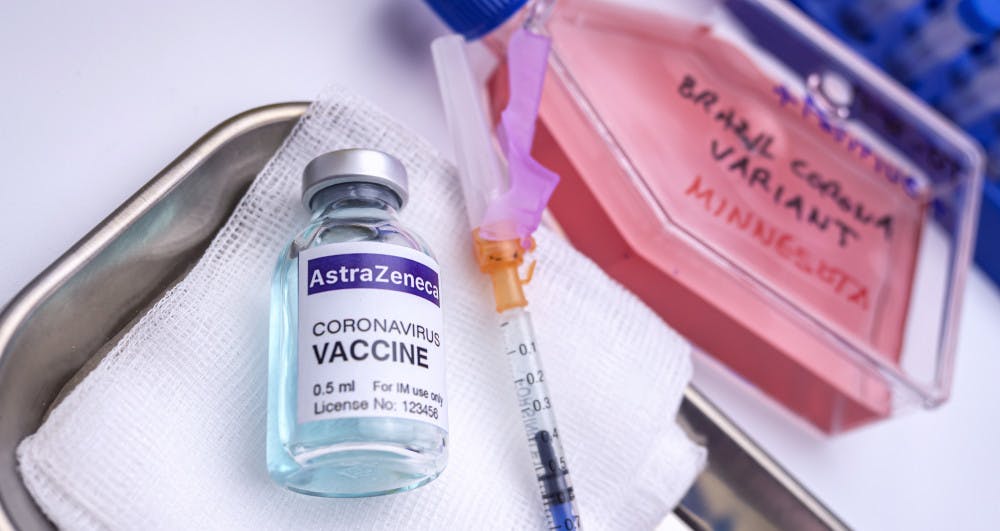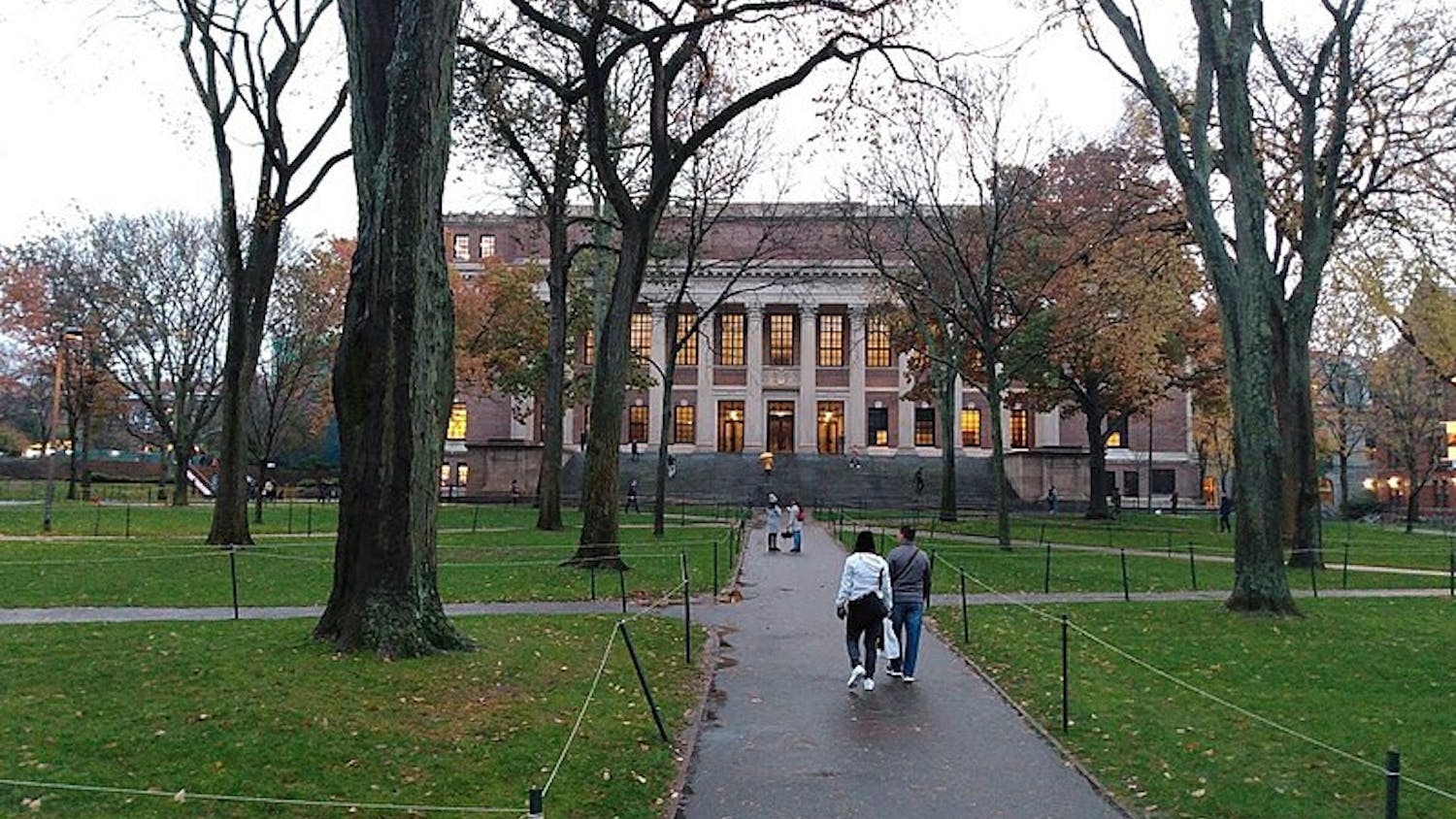By Sarah Adamo
Correspondent
As of last week, the rollout of the AstraZeneca vaccine for fighting Covid-19 was put on hold in ten European countries. Among the nations are Germany, France, Italy, Spain and the Netherlands, according to ABC News. Sweden and Latvia trailed closely behind in suspending inoculation with the vaccine on Tuesday, March 16. This highly contested decision followed reports on dangerous blood clots linked to the inoculation in some patients.

Prior to this decision, many European nations relied upon the AstraZeneca vaccine whose name derives from the British-Swedish pharmaceutical company that produces it, ABC News informs. This makes the decision to pause the rollout especially impactful across the continent, despite the vaccine not yet gaining approval by the U.S.
Beyond Europe, Thailand was the first country to temporarily refrain from administering the AstraZeneca vaccine to its citizens, according to The Washington Post. The nation’s prime minister ended the rollback this past Tuesday, however, when he got a dose of the vaccine himself.
The choice to halt the administration of the AstraZeneca vaccine is regarded as unnecessary in certain European countries, however. In Britain, as ABC News’ foreign correspondent James Longman reported that millions of people have already taken the vaccine and have not reported any major side effects. In concurrence with British health officials, the EU’s drug regulator declared last Tuesday that there is “no indication” the AstraZeneca vaccine leads to blood clots, as reported by The Washington Post.
Corroborating these statements, AstraZeneca announced on March 14 that “no evidence of an increased risk of pulmonary embolism, deep vein thrombosis (DVT) or thrombocytopenia in any defined age group, gender, batch or in any particular country.” Nevertheless, the British-Swedish pharmaceutical company promised to keep the effects of their vaccine under close review, stressing the continued importance of inoculating the public against the virus.
Dr. Michael Head, a senior research fellow in Global Health at the University of Southampton, U.K., also seeks to dispel notions about the vaccine causing harm to many recipients and expresses concern for the implications of delaying its public availability.
“The data we have suggests that numbers of adverse events related to blood clots are the same (and possibly, in fact lower) in vaccinated groups compared to unvaccinated populations,” Head said, as reported by CNBC. Additionally, Head worries that people will not receive adequate protection from Covid-19 due to the rollback and may harbor more skepticism about vaccines that are released in the future.
Aside from the potentially harmful results that could incur, some fear that the AstraZeneca vaccine rollback could have far-reaching consequences across the globe.
As Longman reports in the ABC News article, “The AstraZeneca vaccine is the $3 vaccine. It's the vaccine which is going to help the developing world.” As The Washington Post elaborates, the vaccine played a considerable role in a global campaign named COVAX, designed to make vaccines more accessible to other countries. An example that the news source includes is the Congo, which rejected the vaccine and thereby put its campaign to inoculate its citizens on hold indefinitely since AstraZeneca was set to be its sole provider.
U.S. trials are attempting to accurately gauge the efficacy of the vaccine. AstraZeneca reported 79% efficacy, while other trials by independent experts came back with results varying from 69% to 74% efficacy, according to the New York Times.







